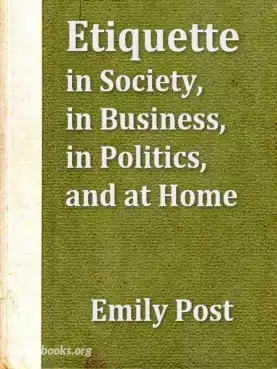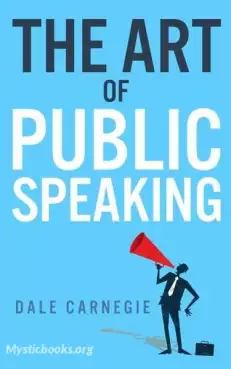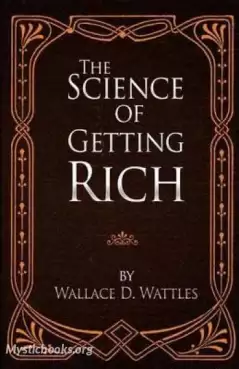
Dialogues Concerning Natural Religion
by David Hume
'Dialogues Concerning Natural Religion' Summary
In the Dialogues, Hume's characters debate a number of arguments for the existence of God, and arguments whose proponents believe through which we may come to know the nature of God. Such topics debated include the argument from design—for which Hume uses a house—and whether there is more suffering or good in the world (argument from evil).
Hume started writing the Dialogues in 1750 but did not complete them until 1776, shortly before his death. They are based partly on Cicero's De Natura Deorum. The Dialogues were published posthumously in 1779, originally with neither the author's nor the publisher's name.
In The Blind Watchmaker (1986), evolutionary biologist Richard Dawkins discussed his choice to title his book after theologian William Paley's famous statement of the teleological argument, the watchmaker analogy, and noted that Hume's critique of the argument from design as an explanation of design in nature was the initial criticism that would ultimately be answered by Charles Darwin in On the Origin of Species (1859). In the second part of the Dialogues (1779), the character Philo observes that animal reproduction appears to be more responsible for the intricacies and order of organic bodies rather than intelligent design.
Book Details
Language
EnglishOriginal Language
EnglishPublished In
1779Authors

David Hume
Scotland
David Hume was a Scottish Enlightenment philosopher, historian, economist, librarian and essayist, who is best known today for his highly influential system of philosophical empiricism, scepticism, an...
Books by David HumeDownload eBooks
Listen/Download Audiobook
- Select Speed
Related books

The Ego and His Own by Max Stirner
A philosophical case for a radical egoism that shuns the socially-oriented outlooks of both "establishment" ideologies and of revolutionaries in favor...

An Iron Will by Orison Swett Marden
Orison Swett Marden was well-known at the turn of the 20th century for his inspirational and spiritual books of self-help. This one deals with the imp...

Meditations by Marcus Aurelius
Marcus Aurelius was a Roman Emperor and philosopher who wrote Meditations; insights which were considered to give the meaning of life. The book was no...

Etiquette in Society, in Business, in Politics and at Home by Emily Post
Etiquette in Society, in Business, in Politics, and at Home (frequently referenced as Etiquette) is a book authored by Emily Post in 1922. The book co...

Byways to Blessedness by James Allen
James Allen instructs us on how to improve our life and spiritual well-being through the power of positive thinking. He teaches us to live in the pres...

The Art of Public Speaking by Dale Carnegie
A great start to shaking off public speaking jitters, socializing and mastering the art of small talk. The principles of public speaking written by D...

Successward: A Young Man's Book for Young Men by Edward Bok
The book is aimed at young men and provides practical advice on how to achieve success in various aspects of life, including education, career, relati...

Quiet Talks on Prayer by S.D. Gordon
An open life, an open hand, open upward, is the pipe line of communication between the heart of God and this poor befooled old world. Our prayer is Go...

As A Man Thinketh by James Allen
As A Man Thinketh By James Allen : Application of Law of Attraction : This little volume (the result of meditation and experience) is not intended as...

The Science Of Getting Rich by Wallace D. Wattles
The Science Of Getting Rich By Wallace D. Wattles has applications of Law of Attraction. As featured in the bestselling book The Secret, here is the l...
Reviews for Dialogues Concerning Natural Religion
No reviews posted or approved, yet...